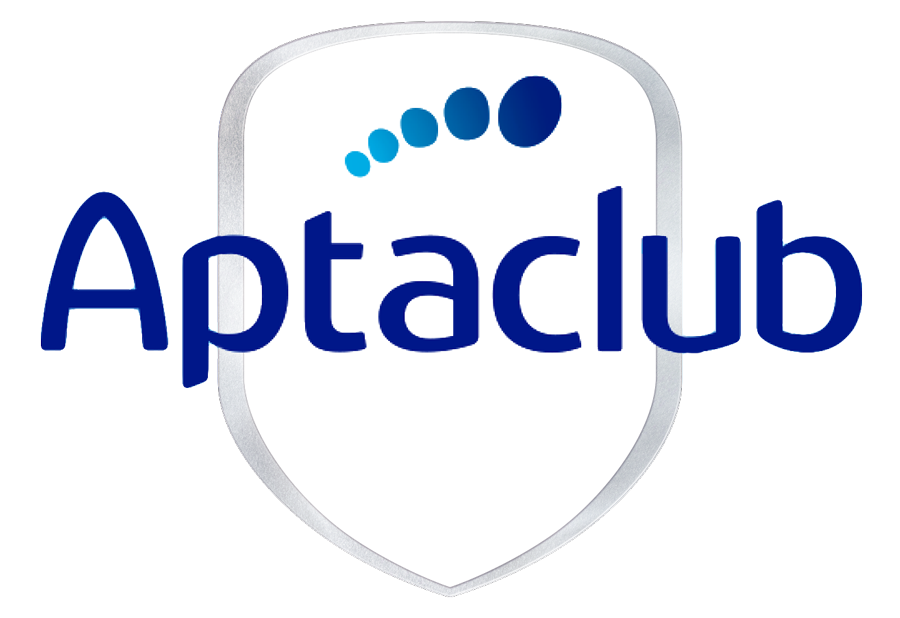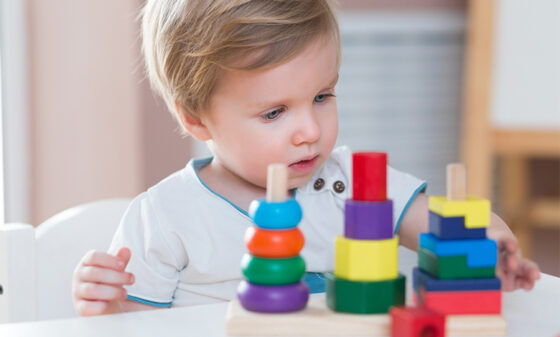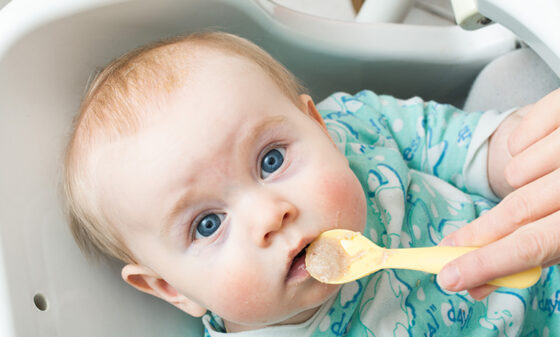Brain support: The 11 key nutrients to support your child’s brain development
EVERY PARENT HAS A STORY – 16 NOV 23 BY TEAM BOUNTY

Good nutrition in the first 1000 days is not just food for thought, it’s essential to support your little one’s early brain development.
Spend any amount of time with a toddler and it’s easy to see the rapid way that their brain takes in new information as they learn and develop new skills. But that learning has been taking place long before they begin walking and talking, and nutrition has played, and will continue to play, a key role in that cognitive development.
The toddler years – between one and three – is a crucial time in cognitive development and ability that will impact your child for the rest of their lives.
Nutritional support for little brains
The way that the brain develops in the first two years of life can be thought of as the ‘scaffolding’ that may define how a brain will function for the rest of a person’s life. And nutrition is a key factor when it comes to influencing brain development at this crucial time.
While many nutrients are important for brain growth and functioning, sources* found that there are some that play a bigger role than others in early brain development.
Specifically, they say the following 11 nutrients (in alphabetical order, not priority) are helpful when it comes to supporting your child’s brain.
- Choline
- Folate
- Iodine
- Iron
- Long-chain polyunsaturated fatty acids
- Protein
- Vitamin A
- Vitamin D
- Vitamin B6
- Vitamin B12
- Zinc
While this list may look huge, your child can get these nutrients by eating a wide variety of foods from the five food groups every day (see below).
If your child is struggling to get adequate nutrition through food, supporting your child’s nutrition with a supplement like Aptamil Gold+ Toddler may be appropriate. When prepared as directed and consumed as part of a healthy varied diet, Aptamil Gold+ Toddler provides minerals like zinc, iron, and iodine, and vitamins A, B6, B12, C and D, with no added sucrose or artificial colours.

Vegetables are one of the five main food groups kids should eat from every day. (Image: Getty)
What foods should my toddler eat?
Toddlers have special food needs because they are growing and developing. While there is no single superfood that will ensure adequate brain development for toddlers, there are some foods that are packed with a variety of the necessary nutrients that are mentioned in the Australian Dietary Guidelines’ five food groups.
Think: eggs, seafood, leafy greens, lean meats and poultry, yoghurt, beans and nuts, and seeds.
For general good health, the Australian Dietary Guidelines recommend that children eat a wide variety of foods from the five food groups every day and drink plenty of water.
Be sure to monitor all new foods to ensure there’s no potential allergy.
The five food groups:
- Vegetables and legumes/beans
- Fruit
- Grain (cereal) foods, mostly wholegrain and/or high cereal fibre varieties
- Lean meats and poultry, fish, eggs, tofu, nuts and seeds and legumes/beans
- Milk, yoghurt, cheese and/or dairy alternatives, mostly reduced fat
If you’re looking for a guide, the Australian Dietary Guidelines suggests how many serves of each food group a child should eat a day to make sure they get all the nutrients and energy needed for healthy growth. For example, for a child between 2-3 years old, they should have the following number of serves*:
- 1 serve of fruit
- 2.5 serves of vegetables
- 4 serves of grains, mostly wholegrain
- 1 serve of lean meat/fish/eggs/ legumes/beans, and
- 1.5 serves of dairy
If you have any concerns about your toddler’s diet, health or nutrient intake, please speak to a medical professional.
*Recommended serves for children, adolescents and toddlers, Eat for Health.
Brought to you by Aptamil Toddler
If you're returning to work, let us help you return with confidence.
Our newsletter has tools, tips and expert advice to help ensure you and your child are ready.
Returning to work?
Sign-up to receive practical tips and advice for a smooth transition back to work.




